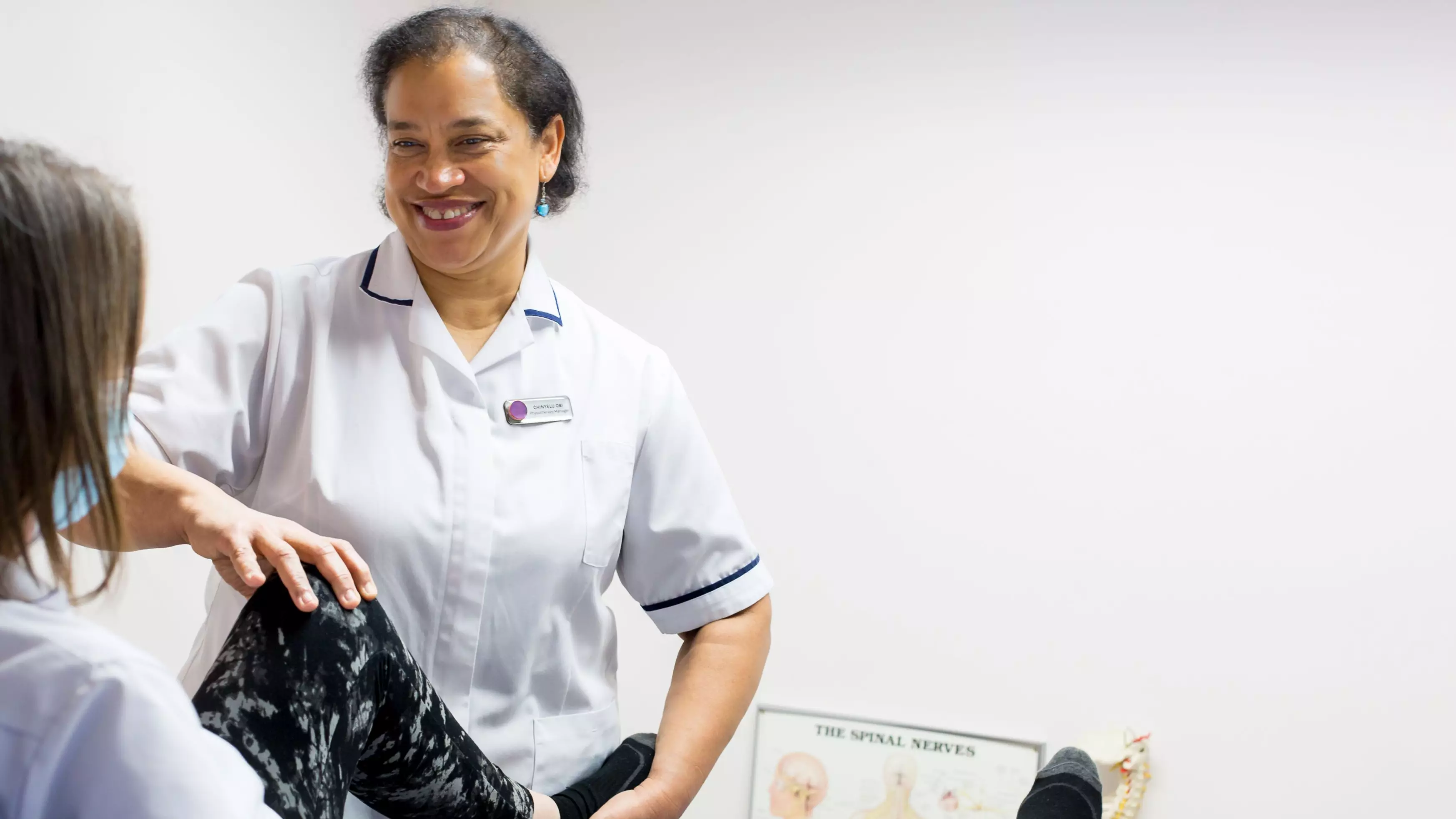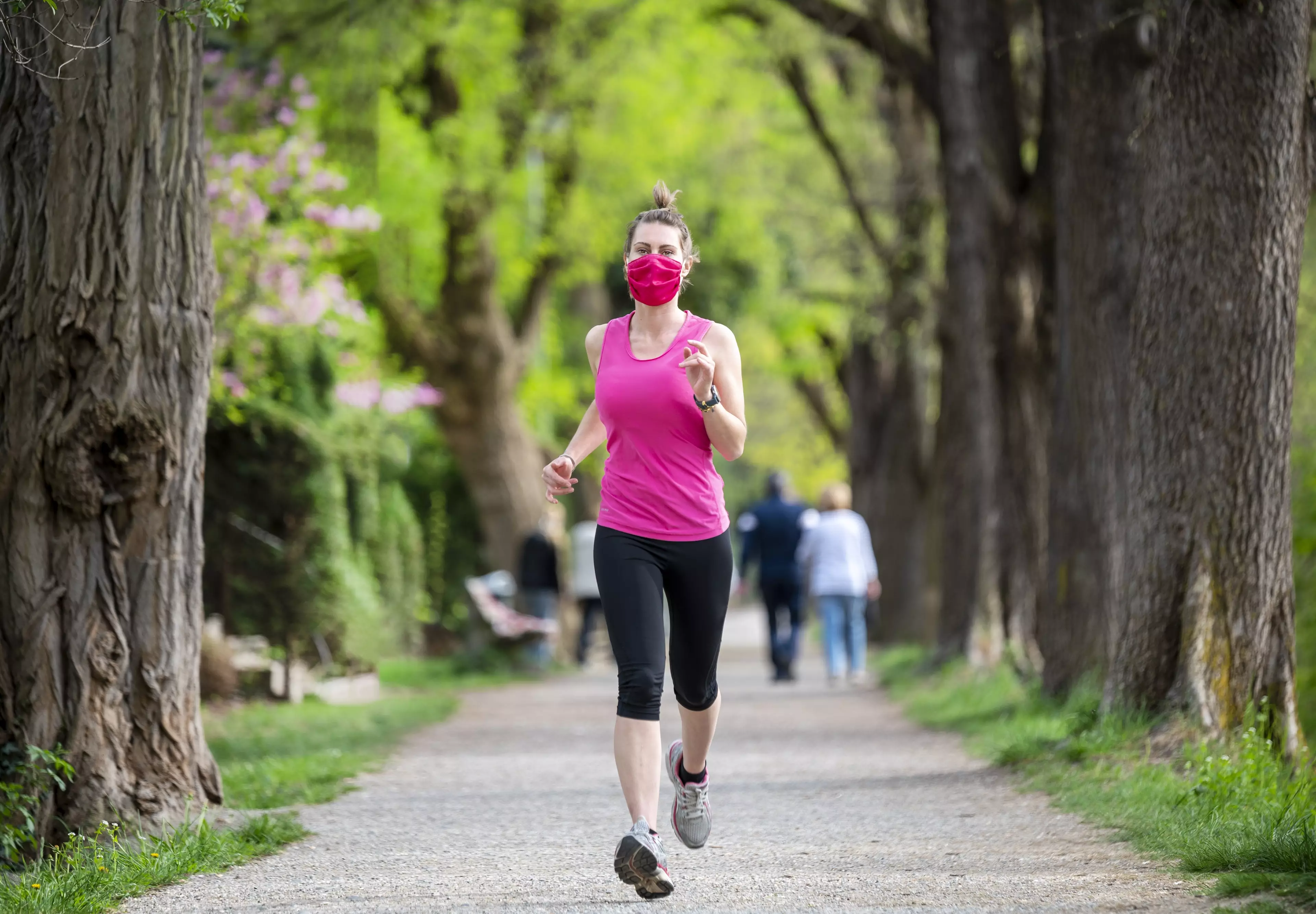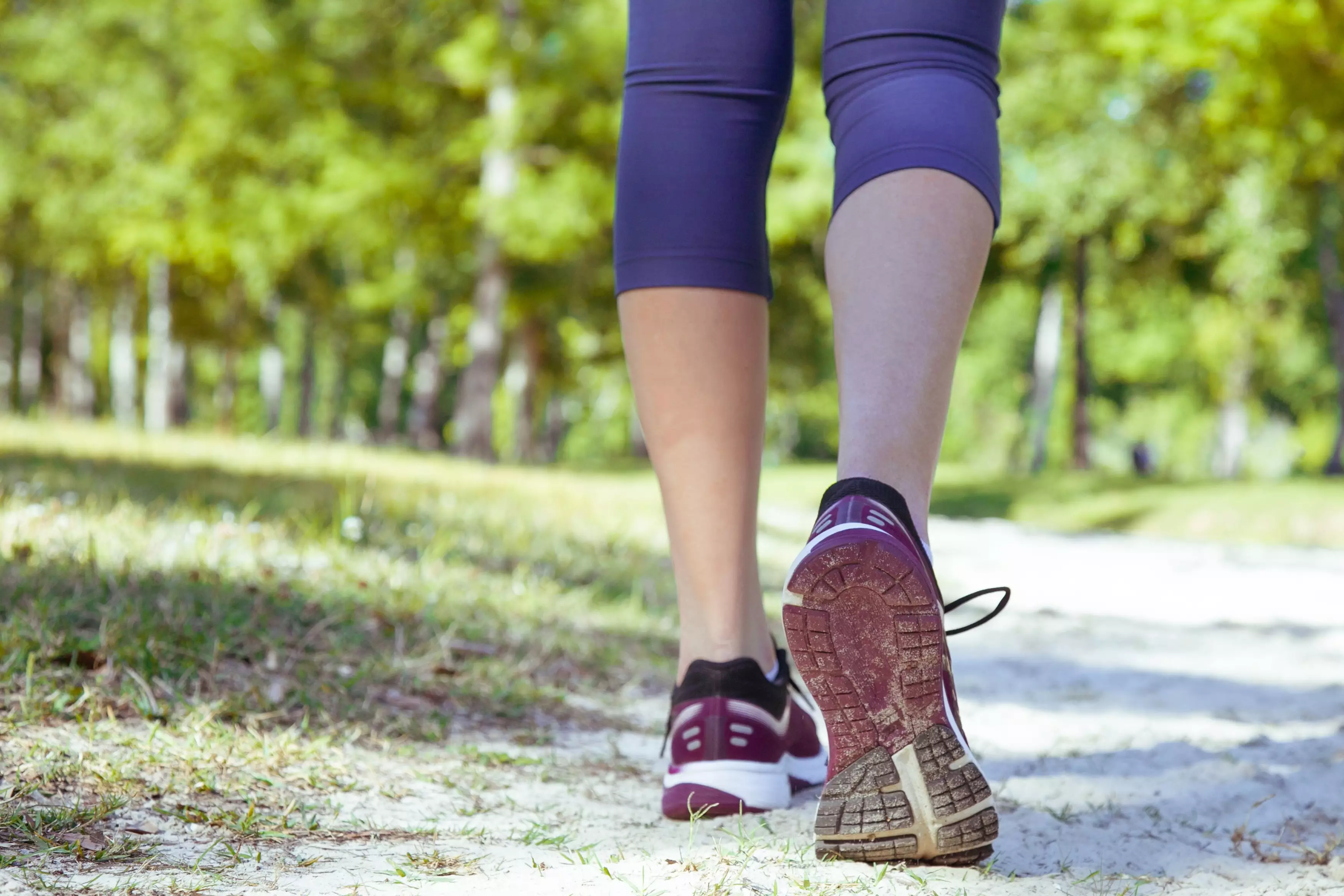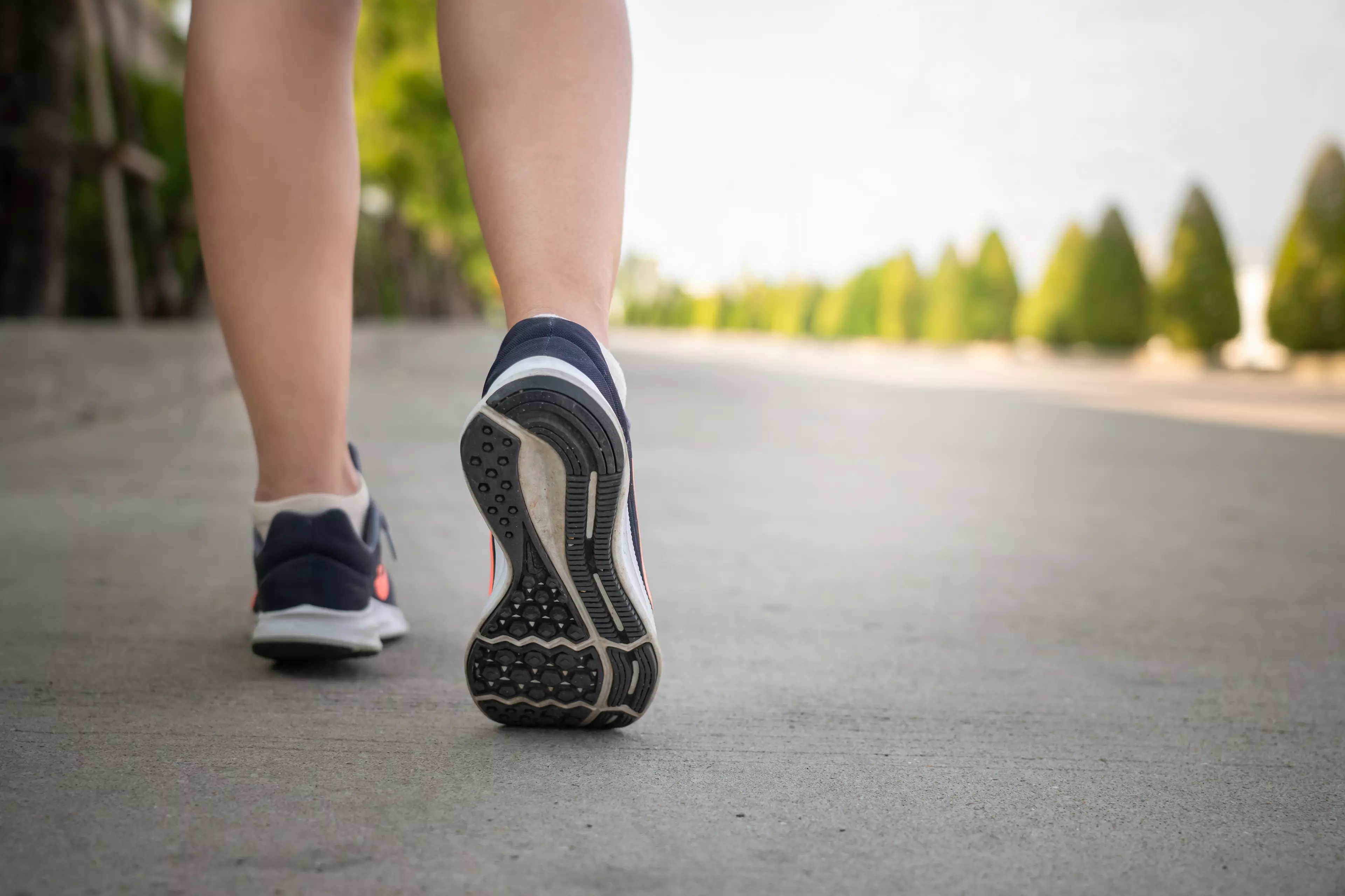
If you've taken up running as a form of lockdown exercise, listen up. A leading physio has warned that you could be inadvertently risking your health.
Last year, the number of people taking up running soared, with the 'Couch to 5k' app increasing by 92 per cent since 2019, with March to June alone seeing over a million downloads, according to NHS England.
And with gyms across the country closing their doors for the third lockdown, many of us have taken to running outside. However, those new to the activity could be damaging joints and cartilage without even realising.

One of the leading causes of running injuries is due to putting pressure on joints, and with so many of us taking up the activity, it's important to know how you can reduce the risk.
Advert
Despite the positives that running can bring, experts from charity-led healthcare facility New Victoria Hospital are urging runners to take extra care and precaution this winter, especially if you're a first time runner.
For example, one running faux pas is failing to warm up and cool down sufficiently as well as running on slippery or uneven surfaces.

Physiotherapy manager at New Victoria Hospital Chinyelu Obi said: "When most people take up running they primarily think of getting fitter, improving their cardiovascular fitness, and don't normally consider the effect it has on other structures.
Advert
"As cardiovascular fitness improves quicker than the length of time it takes cartilage and joints to improve, it is important to improve muscle strength as well to help protect the joints.
"This is also vital as the load going through the joints can be between five to seven times your body weight.
"If there are any existing weaknesses things are more likely to fail at that point. Pre-existing abnormal biomechanics of the lower limb can be exacerbated with running and lead to injury."

Of course, in winter, with the temperatures dipping below zero, taking into account the type of surface you're running on is hugely important.
Advert
Chinyelu said: "The ground can be uneven and slippery due to wet or cold weather and the drop in temperature puts extra strain on the lungs and muscles to keep the body warm.
"Add to this the fact that people sweat less in cold weather, so assume they don't need to hydrate as much as they should do.
"This exacerbates the cramping that cold muscles are prone to."
The most common painful running injuries seen in the winter include shin pain, achilles tendonitis, plantar fasciitis and patella femoral pain syndrome.

But the good news is, there are steps you can take to make sure you're protecting your health as much as possible.
Advert
Warming up and cooling down properly are essential. Having a pre-run warm up indoors beforehand increases the circulation to the muscles and gets the body ready for exercise.
Meanwhile, muscle stretching after a run can help reduce the dreaded delayed onset muscle soreness (DOMS). In fact, regular stretching in general can help increase flexibility while running which can also help prevent injury.
It's also important to stay hydrated, as we are prone to drinking less water during the colder months.
When muscles are dehydrated, blood flow reduces which in turn can lead to cramping and tightness. Tighter muscles can damage more easily, so keeping on top of your water intake is essential.
Advert
And importantly, do not forget your rest days! Ensuring you have a day off in between runs is vital for avoiding injury.
For more information on how to stay safe while running, you can visit the New Victoria website.
Featured Image Credit: Kennedy News and Media